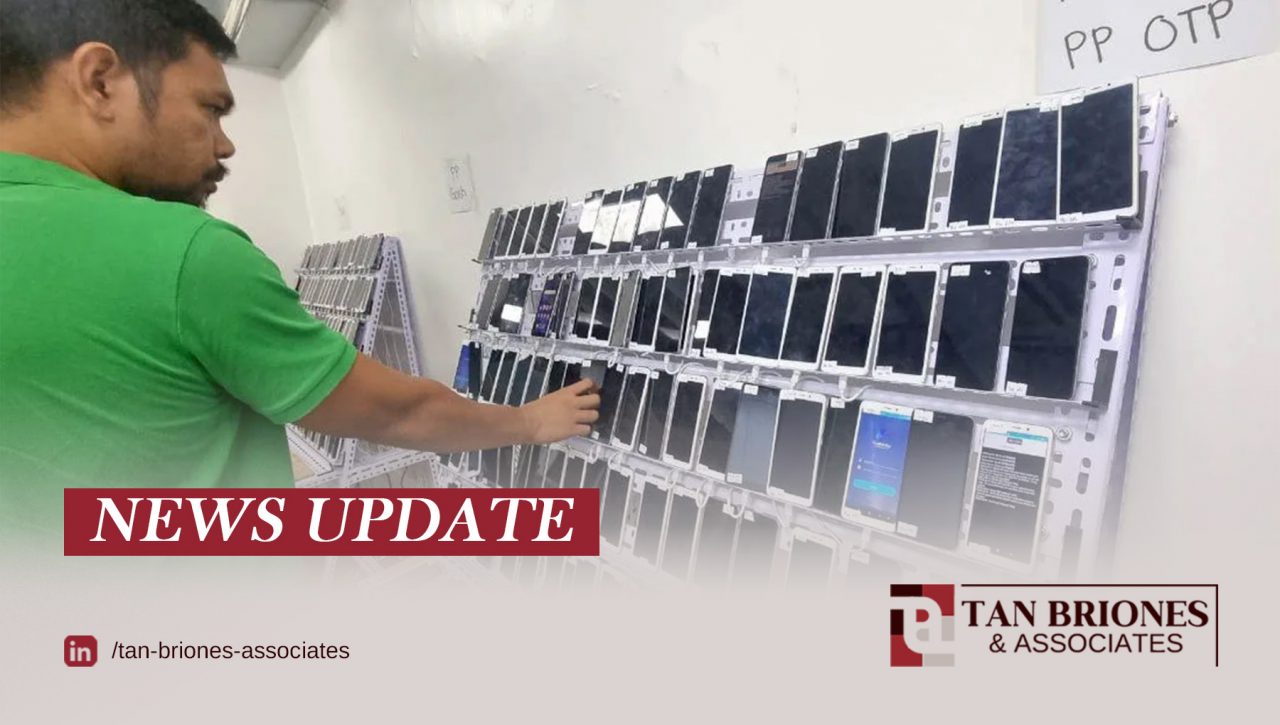
The government is working to update the country’s cybercrime law to combat evolving scam tactics, such as “drive-by hacking,” and enhance online protection.
In a recent briefing, the Department of Information and Communications Technology (DICT) acknowledged that, despite the implementation of the SIM Card Registration law, which helped reduce large-scale scam operations, criminals have shifted to more sophisticated techniques.
“Since we have raided and dismantled a lot of big operations, it has become guerilla warfare now,” DICT Secretary Ivan John Uy explained, emphasizing that smaller, more mobile teams are now behind the latest scams.
Uy also revealed a particularly concerning tactic: “drive-by hacking,” in which scammers target mobile networks in local communities by parking nearby and hacking into systems.
“Marami na tayong nahuling ganoon (We have caught many using that method). Most of this equipment is actually smuggled in because it is illegal,” he added.
In response, the DICT is strengthening its operational strategies and working with Congress to amend the cybercrime law to better address online harm in its various forms.
According to Uy, the proposed changes would create a more comprehensive legal framework to tackle a wider range of online offenses.
“What we are actually working on with Congress is to amend the cybercrime law in order to have a more encompassing approach like in other countries, what they have legislated is a law against online harm,” Uy said.
“If you address online harm, that covers a lot. Whether it’s cybercrime, it’s scamming, it’s hacking… so long as you conduct activities that will cause harm to others online, then it is covered by that law,” he added.
Follow Tan Briones & Associates on LinkedIn for more legal updates and law-related articles.







